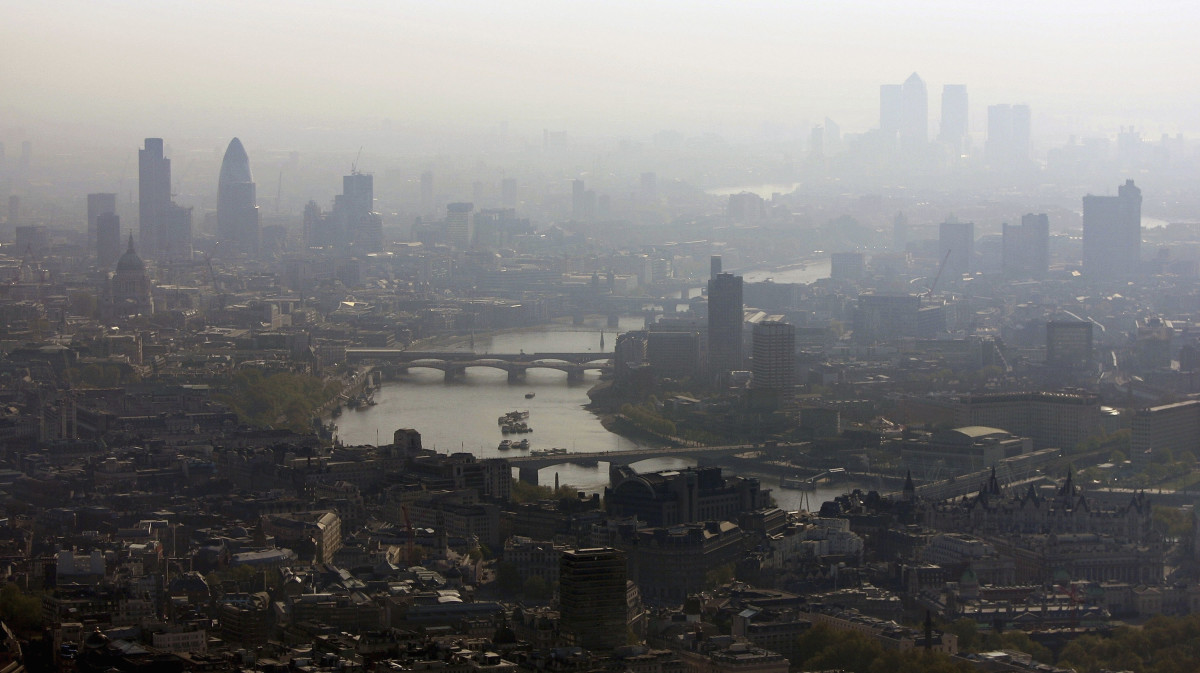Proud to announce that my first solo-authored article on ‘freely available’ #AirQuality info channels has been published in @BigDataSoc just in time for UK #CleanAirDay tomorrow! (also my 1st doctoral thesis chapter @UniofOxford @SociologyOxford @OxfordDemSci ;)
A thread 🧵 1/15
A thread 🧵 1/15

If you are involved in #environmental or #AirPollution governance from the local-to-international scale, please give this research article a read & a #retweet! 2/15
journals.sagepub.com/doi/10.1177/20…
journals.sagepub.com/doi/10.1177/20…

This research is motivated by the growing number of individual-level digital health intervention channels (apps, sensors, etc) to manage environmental exposures + Mounting evidence that they can reduce the burden of poor health outcomes 3/15 

There are also major research gaps around the diversity, quality, & features of #AirQuality info channels & precisely when/where/why they are accessed. In response, this article delivers a systematic #technology review of channels freely available to residents of London, UK 4/15 

In addition, this article presents the term ‘AQ (Air Quality) Channel’ as a comprehensive label for these emerging, digitally enabled and internet connected information sources. 

The systematic technology review returned 274 channels, refined to 54 channels, for which an in-depth analysis was carried out. It revealed the following:
7/15
7/15
A. AQ channels rely on common mechanisms and models to deliver pollution estimates - specifically, 33 of resulting the 54 channels can be traced back to 12 #AirPollution modelling operations (6 conducted by government, 6 by commercial organizations)
8/15
8/15

B. There is high variability in the geographic scope for which air pollution estimates are delivered across the 54 channels reviewed - if individuals are seeking AQ information associated with their precise physical location, most AQ channels are incapable of providing this.
9/15
9/15

C. Many of the AQ channels are marketed as being ‘open-access’, freely available or ‘empowering’ services which, despite not charging a fee, request privileged access to a personal device’s camera and location services, or to deposit browser cookies. 10/15 

D. It is important to consider how narratives of fear and ‘empowerment’ are operationalized across AQ channels to establish a market of concerned individuals that will purchase personal sensors, masks, air filters or accept passive logging of personal data. 11/14 

Peaks in access to major AQ channels including @LondonAir and the Breathe London Pilot appear to coincide with the publication of journalistic pieces published in the @guardian, and not with ‘high’ air pollution events. 12/15 

These findings illuminate a need for greater transparency around how AQ channels generate personalized #AirPollution exposure estimates and tailor messaging. 13/15
The article concludes by calling for AQ channel developers to exercise co-creative/#codesign methods for sustainable, democratic data & knowledge production around #AirQuality, while critically approaching disproportionate patterns of both pollution and info exposure. 14/15
For more information about this topic, you can access the article for free here: journals.sagepub.com/doi/10.1177/20…
15/15
15/15
@MissLeslieDee @BigDataSoc @UniofOxford @SociologyOxford @OxfordDemSci @melindacmills @ridhikash07 @UK_CleanAir @cleanair_doc @DrMariaNeira @InSIS @oxfordgeography @DefraUKAir @UKHSA @CleanAirUK Thx mama ❤️
• • •
Missing some Tweet in this thread? You can try to
force a refresh






